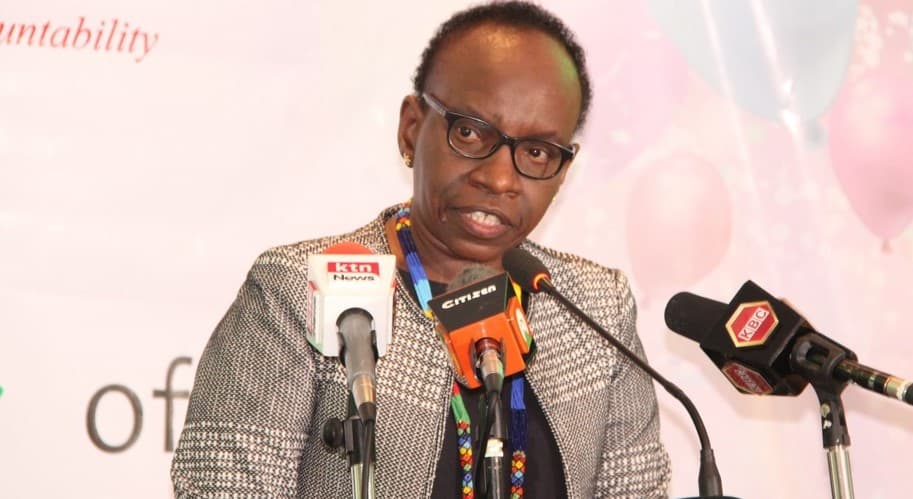We're loading the full news article for you. This includes the article content, images, author information, and related articles.
Manual stock records let staff siphon medicines worth hundreds of millions of shillings, auditors say.

Nairobi, Kenya – August 6, 2025
A new report by the Office of the Auditor-General has exposed extensive theft, mismanagement, and systemic irregularities in the handling of medical supplies across county hospitals, raising serious concerns about the state of public healthcare in Kenya.
The findings, tabled before the Senate Health Committee this week, paint a grim picture of stock diversion, inflated procurement, and phantom deliveries that have led to chronic shortages of essential drugs and medical equipment — despite billions of shillings allocated annually to the health sector.
According to the audit, numerous counties failed to reconcile inventory records with actual stock levels, suggesting large-scale pilferage by staff working in collusion with suppliers and rogue administrators. The report cited examples where essential medicines “disappeared” from store shelves within hours of delivery, yet no records of distribution to wards or patients existed.
In some cases, auditors discovered forged delivery notes, duplicate payment vouchers, and instances where non-existent suppliers were paid millions for medical consignments that were never delivered.
One county reportedly paid over Sh56 million to a pharmaceutical firm flagged by the Pharmacy and Poisons Board for lacking a valid license.
The report did not spare the Kenya Medical Supplies Agency (KEMSA), citing cases where counties received either expired drugs, incomplete orders, or products that did not match the specifications in their requisitions. Several county health facilities also reported being coerced to accept excess stock of non-essential drugs, raising suspicions of kickbacks and misallocation.
“The lack of accountability in the procurement and distribution of medical commodities poses a direct threat to patient care and the credibility of public health institutions,” the report states.
Health professionals have long complained of frequent stockouts, often forcing patients to buy basic items like gloves, syringes, and antibiotics — or go without treatment altogether. The Kenya Medical Practitioners, Pharmacists and Dentists Union (KMPDU) has demanded urgent investigations and prosecutions.
“Corruption in medical supply chains isn’t just theft — it’s a form of silent violence against the sick and the poor,” said KMPDU Secretary General Dr. Davji Atellah.
The Senate Health Committee has summoned county health executives from 15 counties named in the report, and is seeking clarification from the Ethics and Anti-Corruption Commission (EACC) and Director of Public Prosecutions (DPP) on why previous investigations into similar scandals have not yielded convictions.
Chairperson Senator Mariam Sheikh Omar said the report underscores the urgent need for end-to-end supply chain audits, digitized tracking systems, and full transparency in health sector procurement.
“We cannot talk about Universal Health Coverage while medical supplies meant for public hospitals are looted with impunity,” she said.
The Auditor-General has recommended a full forensic audit of health procurement in all 47 counties, mandatory drug tracking systems integrated with NHIF patient data, and the blacklisting of suppliers found complicit in fraud.
If implemented, these reforms could mark a turning point in Kenya’s long struggle with healthcare corruption — but only if backed by political will and institutional accountability.
Keep the conversation in one place—threads here stay linked to the story and in the forums.
Sign in to start a discussion
Start a conversation about this story and keep it linked here.
Other hot threads
E-sports and Gaming Community in Kenya
Active 9 months ago
The Role of Technology in Modern Agriculture (AgriTech)
Active 9 months ago
Popular Recreational Activities Across Counties
Active 9 months ago
Investing in Youth Sports Development Programs
Active 9 months ago